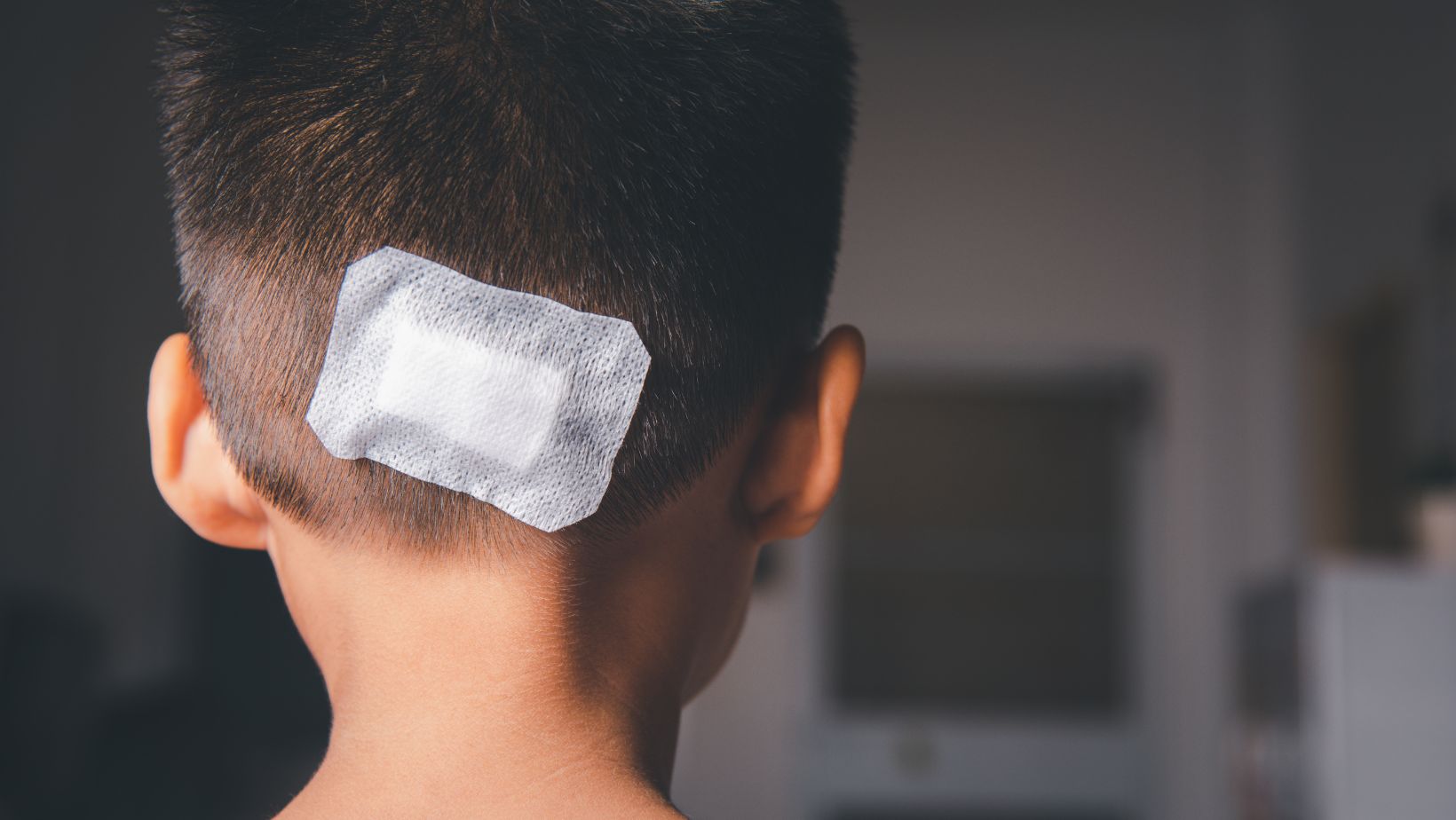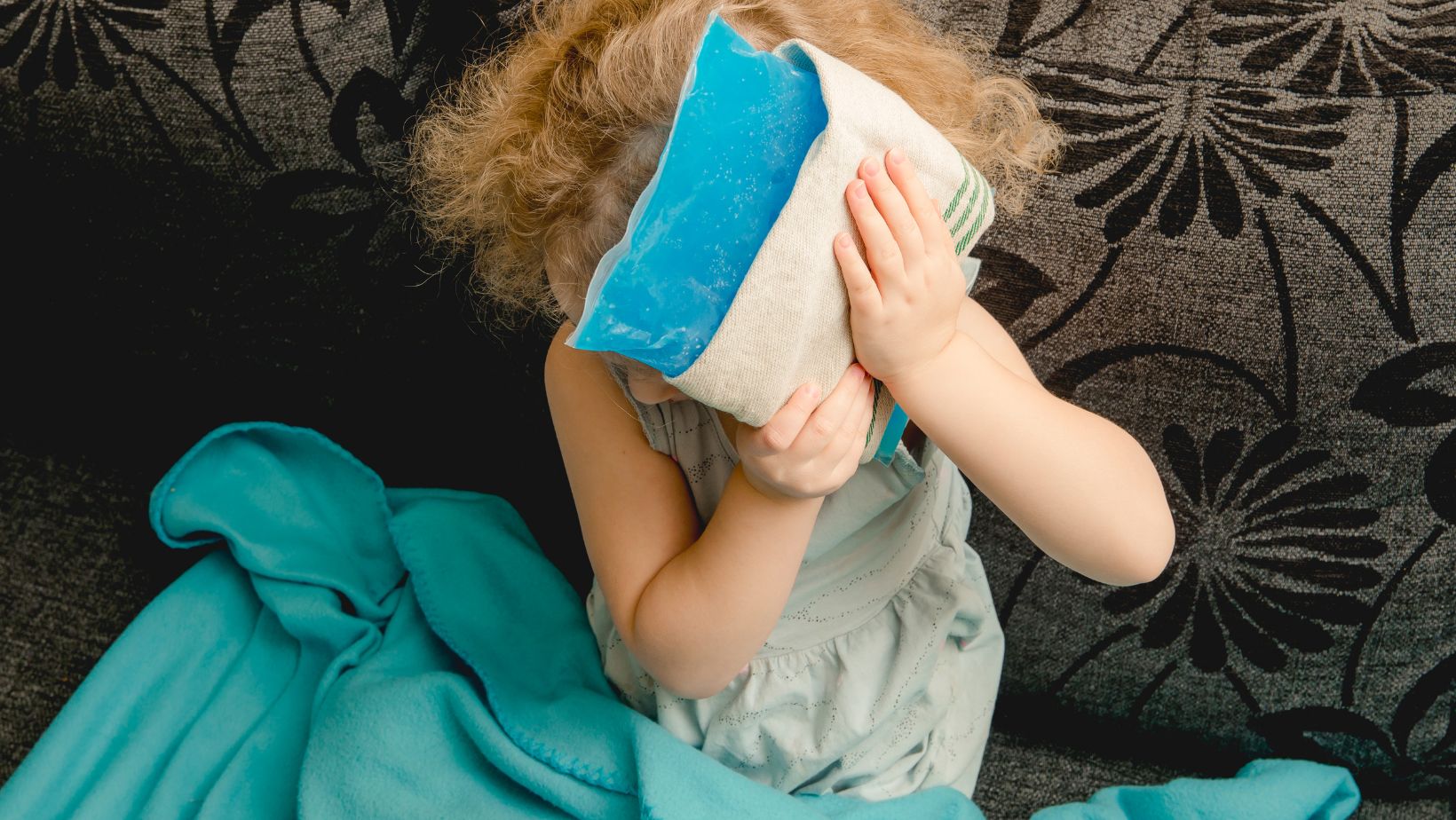
Raising a child involved in contact sports can be worrying, especially with the growing concern about the long-term effects of concussions. A concussion is a type of traumatic brain injury that can result from any substantial impact on the head or body. These injuries commonly occur in sports, playground accidents, or minor falls. Children might not always communicate how they feel, so it’s essential for parents and guardians to be able to recognize the signs of a concussion.
What is a Concussion?
A concussion occurs when a blow or jolt to the head or body causes the brain to move back and forth inside the skull rapidly. This movement can lead to chemical changes in the brain and sometimes stretch and damage brain cells. Concussions are considered severe medical conditions that require prompt attention.
Early Signs of a Concussion in Children
Detecting a concussion early can be critical for reducing the risks of more severe complications.

Here are key signs to watch for in children:
1. Change in Behavior or Mood: Young children might seem more easily irritated, emotionally volatile, or display unusual behaviors.
2. Physical Complaints: Headaches, dizziness, nausea, or balance problems are frequently reported. Younger children may demonstrate signs of discomfort by repeatedly touching or rubbing their heads if they are unable to communicate their pain verbally.
3. Cognitive Difficulties: Watch for signs of confusion or decreased cognitive function. This can manifest as difficulty remembering things, concentrating on school work, and performing household activities. They may also look dazed or stunned.
4. Sleep Disturbances: Sustaining a concussion can lead to disruptions in sleep patterns, manifesting as either excessive or insufficient sleep, as well as difficulties in falling asleep.
5. Sensitivity to Light or Noise: Children who have experienced concussions may describe an increased sensitivity to bright lights and loud sounds, finding them to be more bothersome than usual. This especially shows up during screen time.
6. Slow Response: Be mindful of signs such as delayed response to questions, sluggishness, or losing a thought mid-sentence.
7. Visible Physical Sign: Any signs of head injury such as bruising or swelling at the impact site. Also, note any new headaches or neck pain that wasn’t previously an issue.
8: Anxiety and Depression: Brain injuries have a way of impacting mood, especially during the first phases of recovery. Be on the lookout for a depressed mood or excessive worrying about things that never used to bother them.
What to Do If You Suspect a Concussion
1. Seek Medical Attention: If you suspect your child has suffered a concussion, consult a healthcare provider immediately. A professional must assess the situation. Start with a primary medical provider to rule out severe damage, then progress to specialists based on symptoms.
2. Monitor Symptoms: Keep a close eye on your child for the first 24-48 hours, as symptoms may evolve or worsen.

3. Rest is Crucial: Ensure your child rests physically and mentally. This includes limiting activities that require mental concentration and physical exertion for the first 7-14 days following the injury. Make sure to return to activity gradually after this initial rest period. Click the link for a more thorough run down of concussion recovery timelines following a concussion.
4. Follow Professional Advice: Follow the guidance provided by your child’s healthcare provider, including follow-up appointments and a gradual return to daily activities.
5: Nutrition and Supplementation: Choose foods high in fat and protein to optimize recovery. Avoid simple carbohydrates to stabilize blood sugar. Supplement with omega-3 fatty acids or choose foods that naturally contain them, such as fish or nuts. Other supplements indicated during recovery are curcumin, NAD, and lion’s mane.
Prevention
While not all concussions can be prevented, some precautions can reduce the risk:
- Ensure your child wears appropriate protective gear during sports and recreational activities.
- Teach your child the importance of following safety rules and using playground equipment properly.
- Ensure your home is child-proofed to prevent falls and injuries.
Conclusion
Suppose you notice signs of a concussion in children. Knowing how to respond is essential in that case as it can significantly impact their recovery. Concussions are serious, and even though kids are resilient, they depend on adults for protection and proper medical attention. If you suspect a concussion, it’s best to err on caution and seek professional advice immediately.
By staying informed, observing your child, and taking proactive steps, you can ensure the best care for your child’s health and well-being.


















